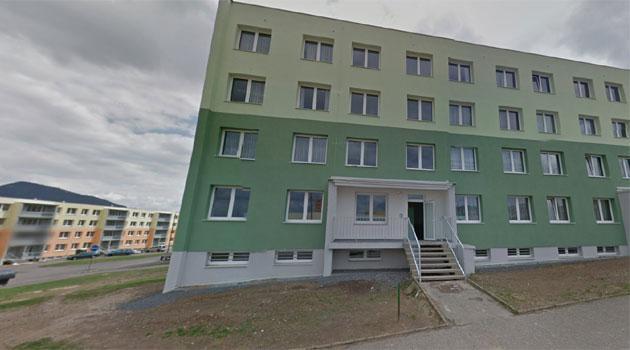Czech Constitutional Court to review controversial local ordinance about sitting in public

The Czech Constitutional Court will be reviewing an ordinance issued by the city of Most banning people from sitting in public on anything other than outdoor furniture specifically designed for that purpose in locations designated for such a purpose. According to the Czech Interior Ministry, led by Interior Minister Jan Hamáček, such a regulation contravenes the Constitution.
The minister is now asking the court to abolish these provisions. The controversial ordinance was approved by the local assembly of the city of Most by a majority vote three years ago in reaction to complaints from local residents about disorder and noise in public areas, disruptions for which small groups of Romani people sitting on the streets were allegedly to blame.
Despite the Constitutional Court having decided in July 2017 in the case of similar ordinances in the towns of Litvínov and Varnsdorf that the regulations were unconstitutional and therefore abolishing them, the city of Most is defending itself against such a court order. In May 2017 the Interior Ministry began an administrative proceedings against Most over the issue, and as a consequence the ordinance is suspended for the time being.
At the end of October the ministry asked the Constitutional Court to abolish the two key articles of the ordinance that are the problem, namely, the article banning sitting on outdoor construction elements such as barriers, freestanding walls or palisades, and an article that allows outdoor sitting exclusively on benches. The ministry’s motion argues, on the basis of the Constitutional Court’s previous finding, that “All legal limitations on the scope of a municipality in relation to its powers to issue generally binding ordinances assume that on their basis a duty is established, or rather, a ban, that will follow the purpose outlined by such ordinances, in this case securing local affairs of public order.”
“From a ban on sitting, of course, it is not possible to infer such [a purpose], according to the Constitutional Court,” the motion states. Hana Malá of the ministry’s press department explained to news server Lidovky.cz that: “This illegality is due to the fact that the banned sitting outdoors on construction elements cannot in and of itself be an activity that might disrupt public order.”
“Since the ban in this generally binding ordinance does not relate specifically to public greenery, it could not be added even under the powers regulating the purpose of protecting public greenery,” the ministry spokesperson said. The city of Most is familiar with the filing of the complaint and says it is prepared to defend itself.
“It can be assumed that similar arguments will used now to those we have already given before,” city spokesperson Alena Sedláčková told Lidovky.cz. Peter Dundek, a staffer with the local administrative affairs department, alleged previously that “In problematic localities there has been a calming of social tensions thanks to this ordinance.”
